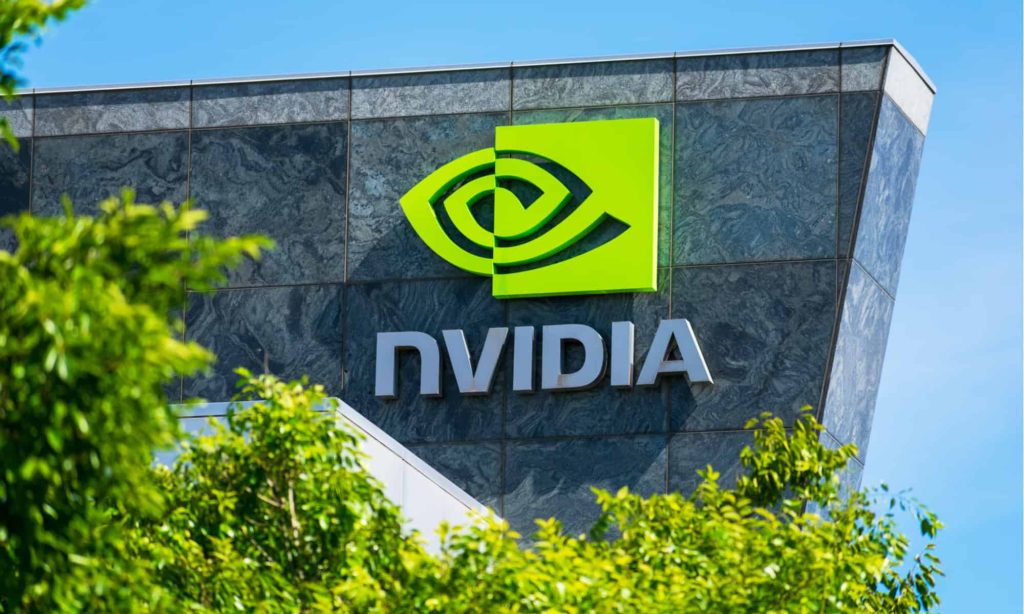The top court of the United States permitting a resurrected legal conflict between chip giant Nvidia and a class group of its investors to proceed could expose the crypto sector to a tsunami of “frivolous securities lawsuits,” an industry advocacy group fears.
TDC Supports Nvidia’s Supreme Court Appeal
Originally, The Digital Chamber (TDC), formerly The Chamber of Digital Commerce, supported Nvidia’s appeal for the US Supreme Court to reject an appellate court’s ruling from last August, effectively resurrecting a lawsuit claiming Nvidia minimized the amount of GPUs it sold to crypto miners in an Aug. 20 amicus brief.
Perianne Boring, the founder and CEO of the chamber, said they “felt compelled to weigh in due course the great risks of a potential increase in frivolous securities lawsuits based on nothing more than unfounded negative perceptions about the cryptocurrency industry and its high-growth business cycle.”
In its brief, TDC argues the class lawsuit against Nvidia is based on an expert judgment grounded on “unsupported assumptions and inferences” regarding the crypto sector and Nvidia’s sales.
It said the plaintiffs lacked “identification of a specific document, presentation, testimony, or any internal material,” bolstering their assertions.
“There is nothing to stop other plaintiffs from hiring other experts to do the same thing,” it said. “The most innovative businesses, like many in the cryptocurrency sector, will feel the impact most.”
Members of TDC comprise industry crypto heavyweights including Binance, Ripple, and Crypto.com.
Allegations Against Nvidia and CEO Jensen Huang
Alleged to be hiding nearly $1 billion in GPU sales made to crypto miners, the 2018 complaint claimed Nvidia’s CEO, Jensen Huang, publicly minimized that it was selling a lot of equipment to the industry.
Later on, it became clear that miners kept sales high following the crypto market while Nvidia’s financial performance fell in line.
TDC contended that the case undercuts and falls short of the guidelines established in the Private Securities Litigation Reform Act of 1995 (PSLRA), meant to safeguard “critical, emerging technologies.”
Under the legislation, a lawsuit must precisely name each allegedly deceptive statement, explain why it is misleading, and provide evidence bolstering the claim—something the group says the class complaint has not done.
Potential Consequences of the Lawsuit’s Success
Should the plaintiffs prevail, the Chamber warned in its statement that “it will set a dangerous precedent allowing speculative and unsupported claims to succeed in court.”
By “burdling them with costly litigation and discouraging investment,” it said a probable wave of lawsuits against crypto businesses will hinder innovation.
“Ultimately, this would hinder the spread of blockchain technology and undercut the very protections that the PSLRA was supposed to provide for new, high-tech industries,” the organization warned.
You can also freely share your thoughts and comments about the topic in the comment section. Additionally, don’t forget to follow us on our Telegram, YouTube, and Twitter channels for the latest news and updates.


